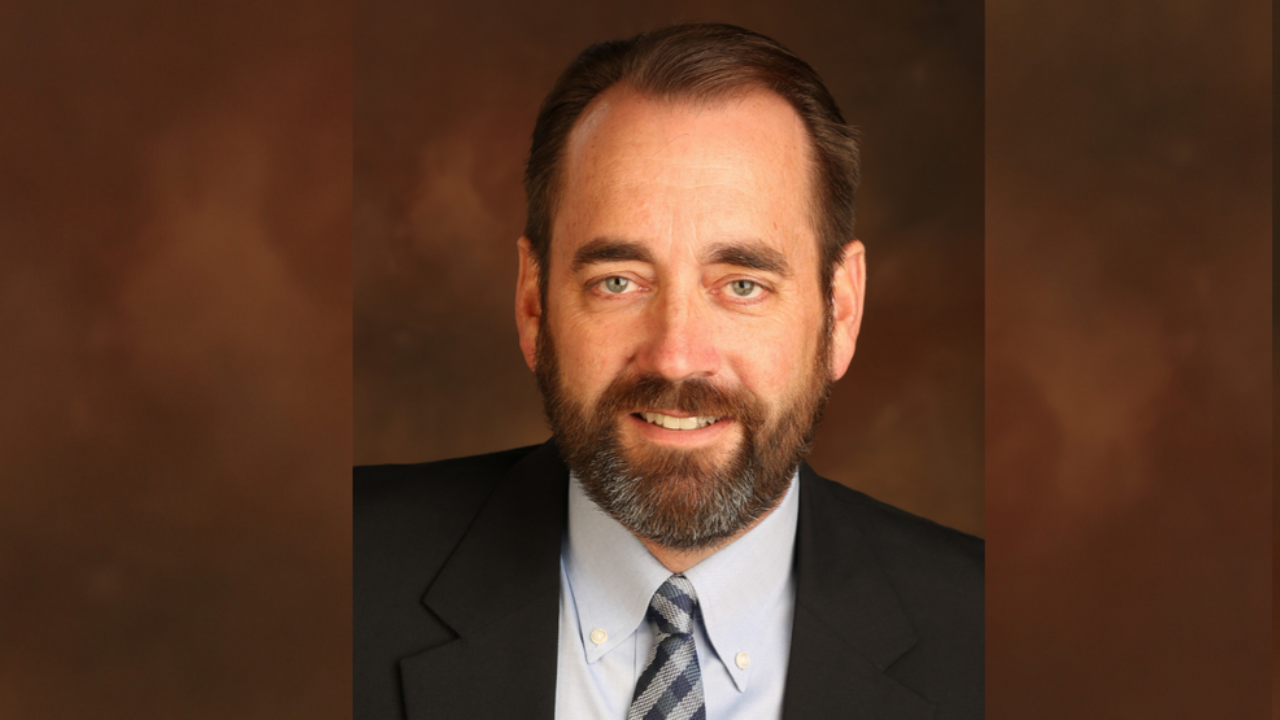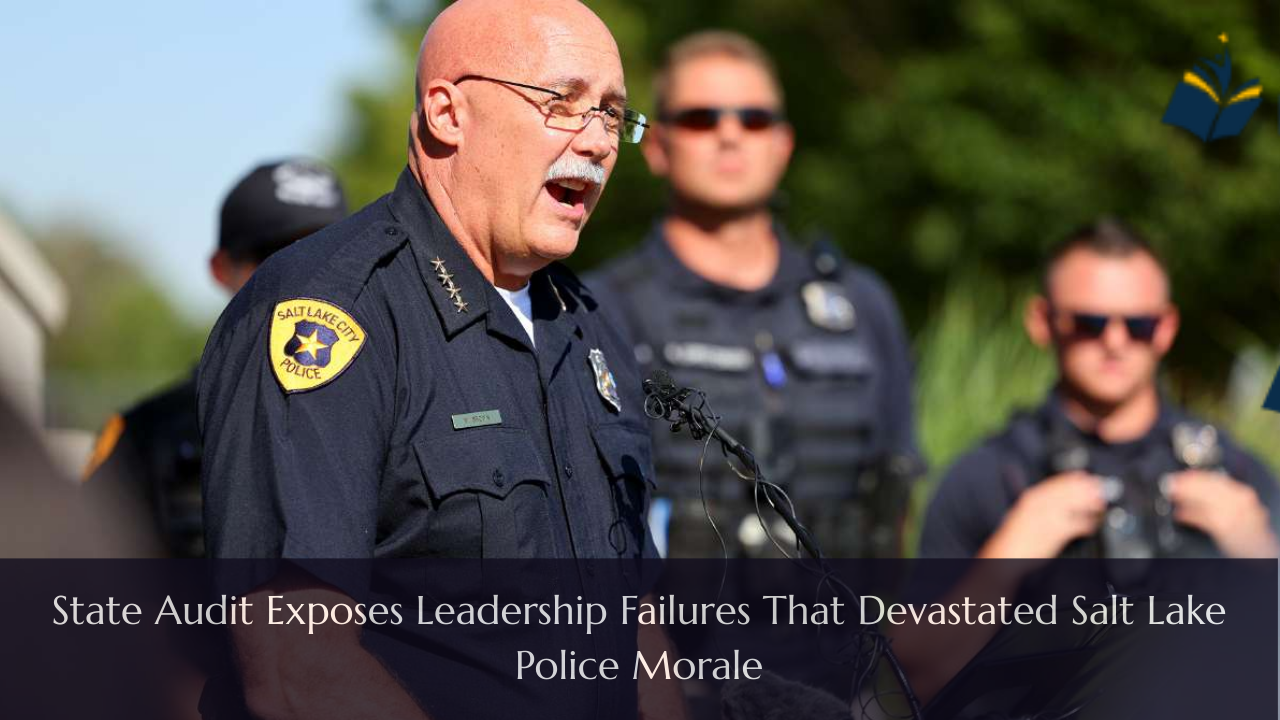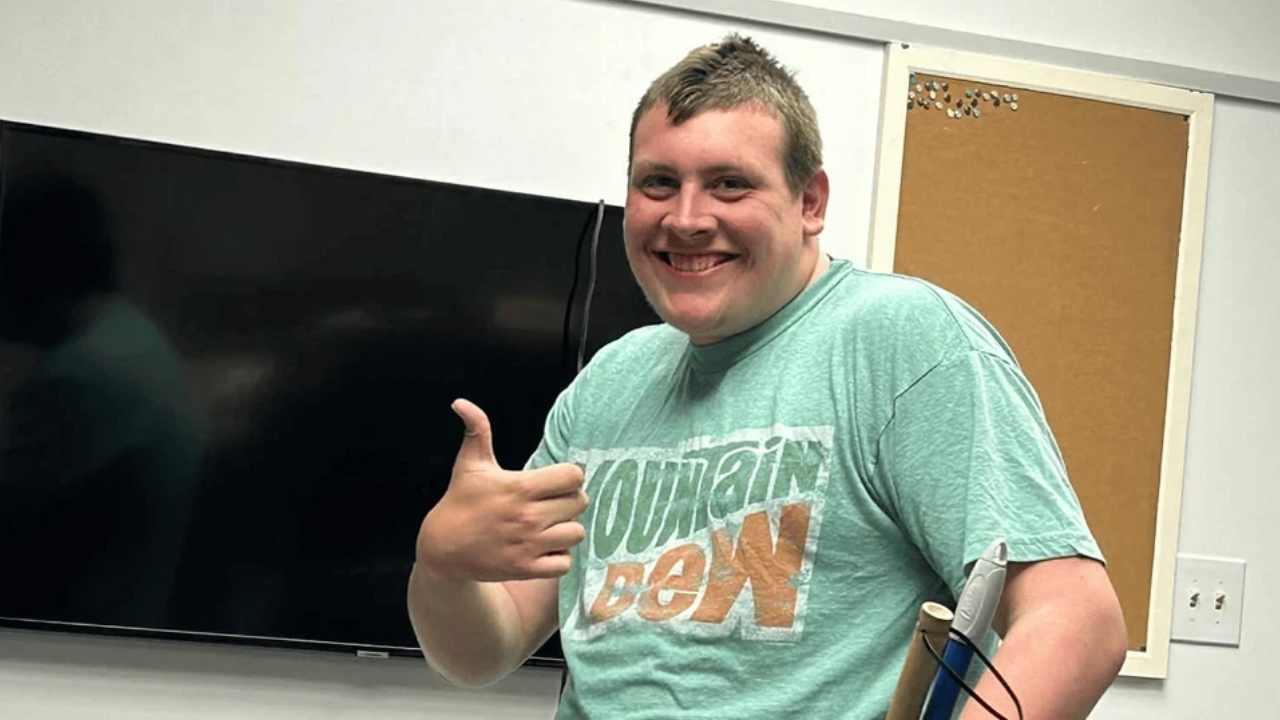The Utah Supreme Court has upheld a disciplinary action against former Utah County Attorney David Leavitt, ruling that his public comments during a high-profile death penalty case risked prejudicing potential jurors.
In a unanimous opinion authored by Justice Paige Petersen, the court confirmed that Leavitt will receive a public reprimand from the Utah State Bar for remarks made at a 2019 press conference related to the prosecution of Jerrod William Baum, who was later convicted of murdering two Utah teenagers.
Court Finds Leavitt’s Comments Improper
The court determined that Leavitt “should have known” his statements could undermine the fairness of Baum’s trial.
During the 2019 press conference, Leavitt told reporters:
“I am going to give power back to people, in the form of juries, to decide. It is the jury’s role to determine the guilt or innocence of this alleged killer. If they find him guilty, then it is the jury’s role to decide whether he should receive the death penalty or not.”
But according to the ruling, the disciplinary action stemmed from additional “off-the-cuff” comments Leavitt made afterward. When asked about the credibility of a key witness, he referred to evidence that was inadmissible in court, vouching for the witness’s honesty and suggesting Baum’s guilt.
Justice Petersen wrote that Leavitt’s remarks were “textbook examples of extrajudicial statements carrying a substantial likelihood of prejudicing the adjudication of this case.”
Case Background: The Baum Murders
The comments were tied to the 2017 double homicide of Brelynne “Breezy” Otteson, 17, and Riley Powell, 18. Their bodies were found months later in an abandoned mine near Eureka, Utah.
A jury convicted Jerrod William Baum in 2022 on multiple counts, including kidnapping and aggravated murder, sentencing him to four consecutive life terms without the possibility of parole.
Leavitt, who was serving as Utah County Attorney at the time, had chosen to pursue the case without seeking the death penalty, a decision that generated both support and controversy.
Leavitt’s Appeal and Court’s Response
Leavitt appealed the Utah State Bar’s decision, asking the Supreme Court to either overturn the reprimand or reduce it to a private admonition. He argued that his remarks were intended to clarify prosecutorial decisions, not influence public perception.
His attorney, Freyja Johnson, told justices during oral arguments in February that Leavitt’s comments were “misinterpreted” and not intended to prejudice jurors.
The court disagreed, finding that Leavitt’s statements “vouched for the credibility of the state’s witness based on evidence the jury would never hear,” and therefore violated professional conduct standards.
Broader Implications and Political Fallout
The ruling effectively closes a yearslong disciplinary case that has followed Leavitt since his tenure as county attorney. In 2022, he lost his re-election bid to Jeff Gray, who now leads the Utah County Attorney’s Office.
The decision also serves as a reminder for prosecutors and public officials about the importance of avoiding extrajudicial commentary in ongoing cases.
According to the Utah Supreme Court, maintaining impartiality in the justice system remains paramount—particularly in high-profile criminal cases that attract public and media attention.



